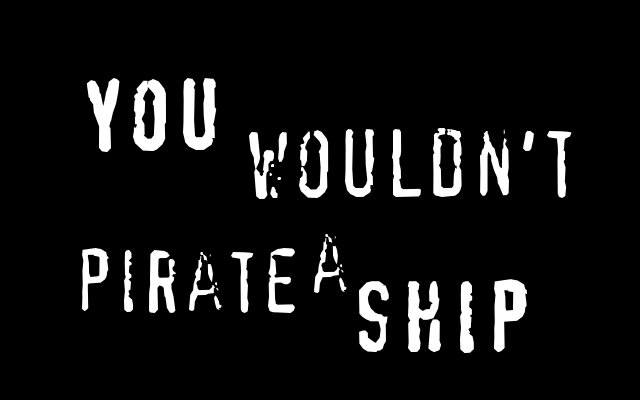ARRRR: More on Piracy and HBO
The Atlantic has a solid follow up piece on the growing demand for HBO to play ball and sell access to their content independent of cable, focusing on three key points. Paraphrasing, (1) is that HBO probably receives much more than the premium-only fees for bundling with cable, (2) is that well, HBO is wholly owned in a vertically-integrated cable company, Time-Warner, and by allowing a disconnect, while it could potentially raise HBO’s subscribers, would be a hit against parent T-W’s cable empire. (3) reminds us that most content subscribers are still on cable. Well, for now.
I of course debunked some of this last week, here, (and larger parts of it 10 years ago in rants that have been lost to the dustbin of Internet history), but to specifically respond to this post, a few more salient points.
Actually, T-W is losing ~200 per month from me. They could reduce that margin by selling HBO access to me. I have a nice TV - it’s hooked up to the internet, but not cable. There is no value for me in paying for a cable subscription, when I can access the few shows I’m interested in, usually, via iTunes or Netflix, which I happily pay money for. So (1) - Sorry, but you must play in the market - you must offer a price; merely saying it’s too expensive is not acceptable.
(2) and (3) Welcome to the 21st century. TW/HBO is in a prime position to break some traditional business models and position themselves as the amazon of content, leaving other vertically integrated cable+content models looking like the dusty, overpriced brick and mortar stores they are. Someone will break this cycle and that will destroy your existing business model. Wouldn’t you rather control the terms of that destruction that merely fall prey to it?

